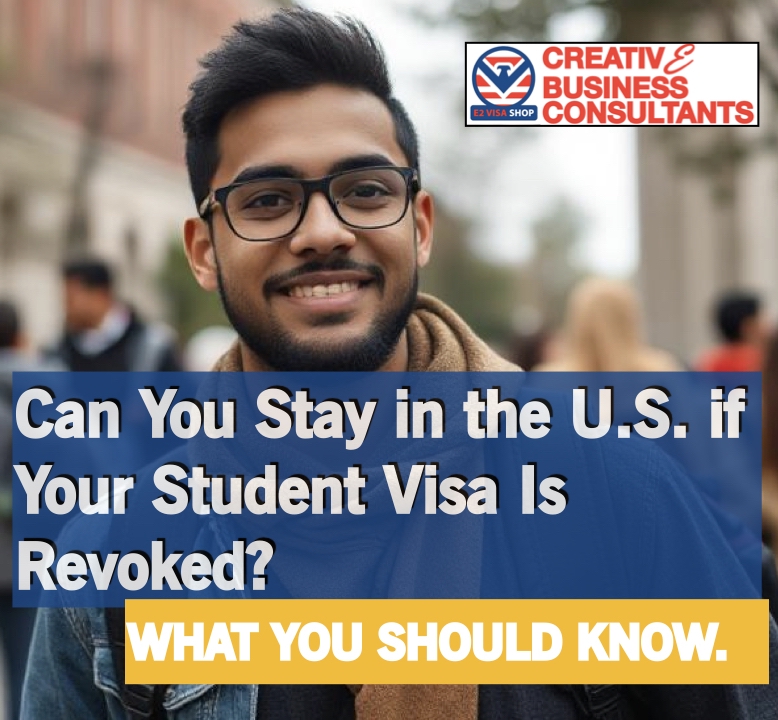
Recent headlines have sparked concern among international students in the U.S. after it was revealed that over 300 student and exchange visitor visas have been revoked. The U.S. Department of State, under Secretary of State Marco Rubio, confirmed the cancellations—many reportedly tied to political activity or online expression.
But despite the alarm, immigration experts are stepping in to clarify one crucial fact: students can legally remain in the United States even if their visa stamp has been revoked—so long as they continue to maintain valid status.
Visa Stamp vs. Legal Status: What’s the Difference?
The revoked visa refers specifically to the visa stamp in your passport—not your immigration status inside the U.S. That means if you’re already in the country on a valid F-1 or J-1 visa, enrolled full-time in an approved program, and following all the terms of your status, you’re allowed to stay.
“Sheela Murthy of Murthy Law Firm emphasized that the legal status remains intact despite the visa revocation,” reports Business Standard. “As long as students are maintaining their F-1 or J-1 requirements, they can continue their studies without issue.”
Why Are Visas Being Revoked?
According to recent reports, some students received cancellation notices over:
- Alleged political activism
- Social media posts
- Past DUI/DWI arrests (even without convictions)
These revocations are part of a broader crackdown by U.S. authorities, with some critics comparing the climate to the fear-driven tactics of the 1950s McCarthy era.
What If You Want to Travel?
If your visa is revoked and you leave the U.S., you must apply for a new visa before returning. The revoked stamp is no longer valid for re-entry—even if your SEVIS status is active.
Travel tips:
- Do not buy a plane ticket until confirming your visa status.
- Contact your school’s International Student Services (ISS) office for guidance.
- Reach out to the U.S. consulate or embassy before leaving the country.
- If in doubt, consult with an immigration expert.
No Travel Plans? You’re Likely Fine
If you’re not planning to leave the U.S., and you’re following the rules of your visa status, there’s no need to panic. You can remain in the country, continue your studies, and maintain your F-1 or J-1 status.
However, note that if you’re the primary visa holder, your dependents on F-2 or J-2 visas may be affected if your visa was revoked.
What Should You Do Now?
Every case is different. While some students are choosing to remove political posts online, others are reaching out for legal consultations. In some instances, litigation is being considered as a response to what some see as a constitutional overreach.
Here’s what you can do:
✅ Stay enrolled full-time
✅ Keep your Form I-20 (F-1) or DS-2019 (J-1) valid
✅ Avoid unauthorized work or absences
✅ Contact your school’s international student office regularly
✅ Check your visa status before traveling
If you’ve had any legal issues (such as a DUI) after your visa was issued, it’s critical to confirm whether your visa is still valid—many students only find out it’s been revoked at the airport.
Final Thoughts
This wave of visa revocations is unsettling, but it’s important to separate facts from fear. Being proactive, informed, and cautious—especially when it comes to travel—can help protect your status and avoid unnecessary complications.
If you’re unsure about your situation, reach out to a qualified immigration professional or your school’s designated office for advice tailored to your case.
